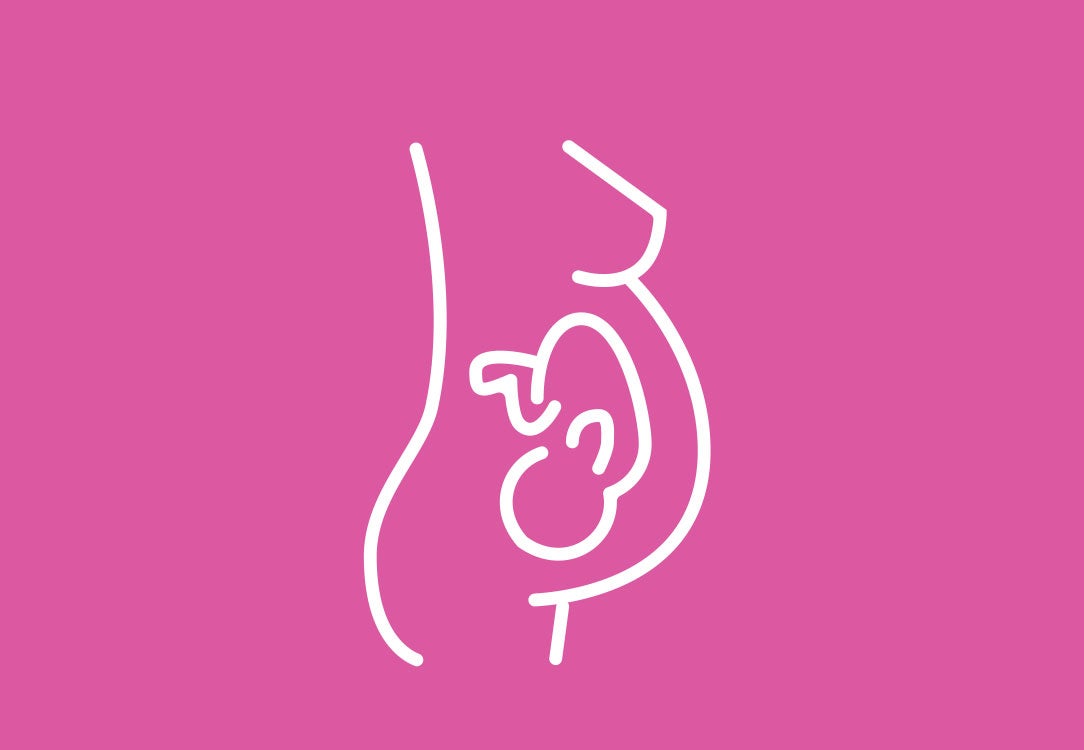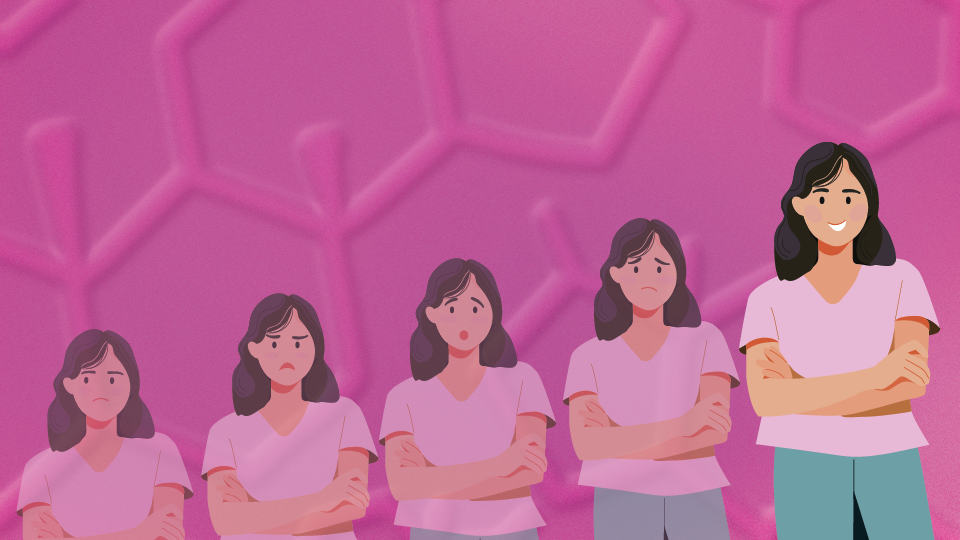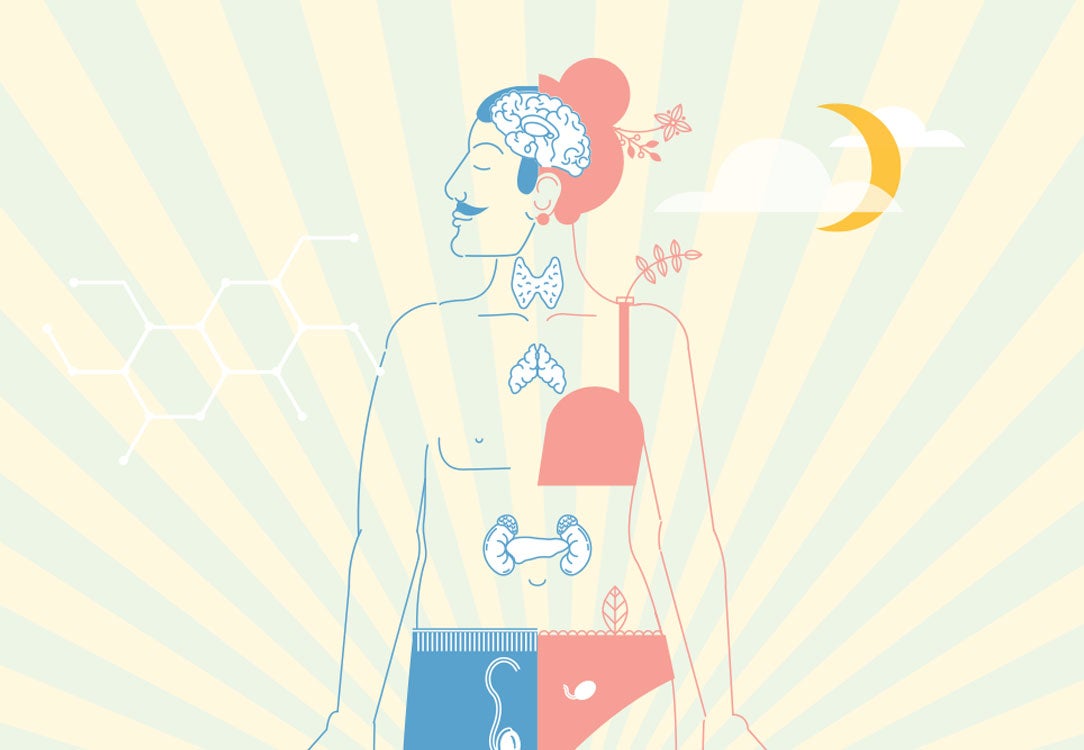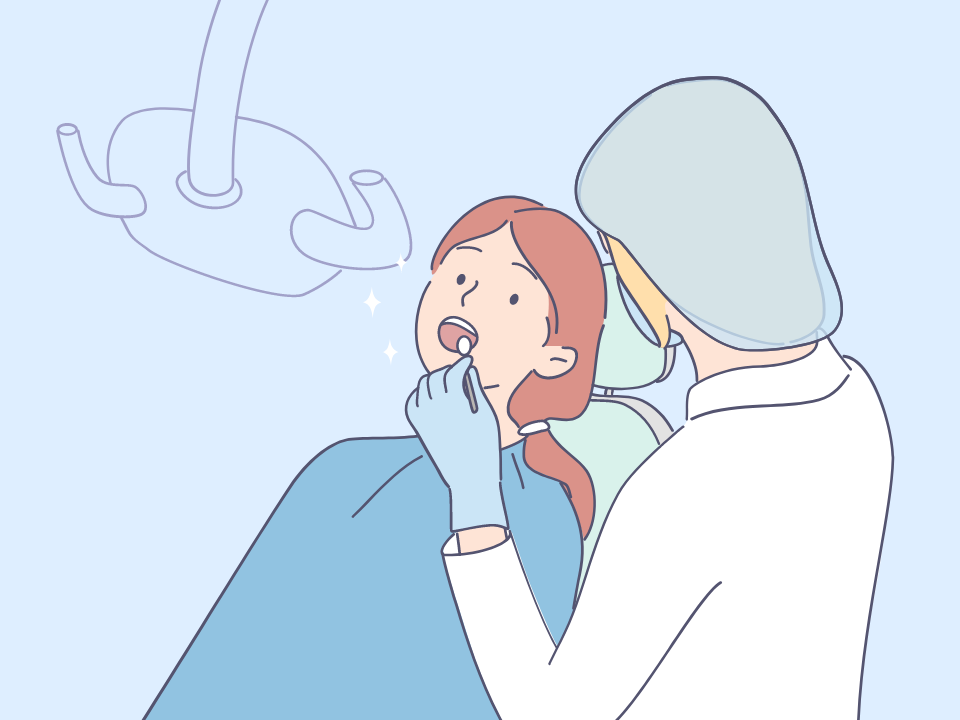Did you know? Women have increased sensitivity to oral health and gum disease because of the hormonal changes they experience, and it can have an impact on overall health.
Featured Articles
Understand the importance of women's oral and overall health, at every age and every stage.
Women's Health FAQ
Got questions?
Smile Generation-trusted dentists make understanding the Mouth-Body Connection simple. Call us at 1-800-SMILEGEN to get started.
Gum disease is associated with problems throughout your body, including your:
- Mouth and teeth
- Heart
- Brain
- Joints
Gum disease is also linked to an increased risk of complications during pregnancy, such as low birth weight and preterm birth.
Changes in hormone levels during menstrual cycles, pregnancy, and menopause can increase the risk of oral problems, such as gingivitis and gum disease, which, in turn, elevate the risk for preterm labor, cardiovascular disease, and osteoporosis depending on the life stage.
During pregnancy, surges in estrogen and progesterone can increase blood flow to the gums, making them more sensitive to bacteria. Maintaining good oral health during pregnancy is essential, as researchers found that women with gum disease were 45% more likely to experience early labor.
Hormonal changes during puberty increase blood flow to the gums and alter the way the mouth reacts to bacterial plaque. This may lead to puberty-associated gingivitis, characterized by tender and bleeding gums, especially during brushing and flossing.




















